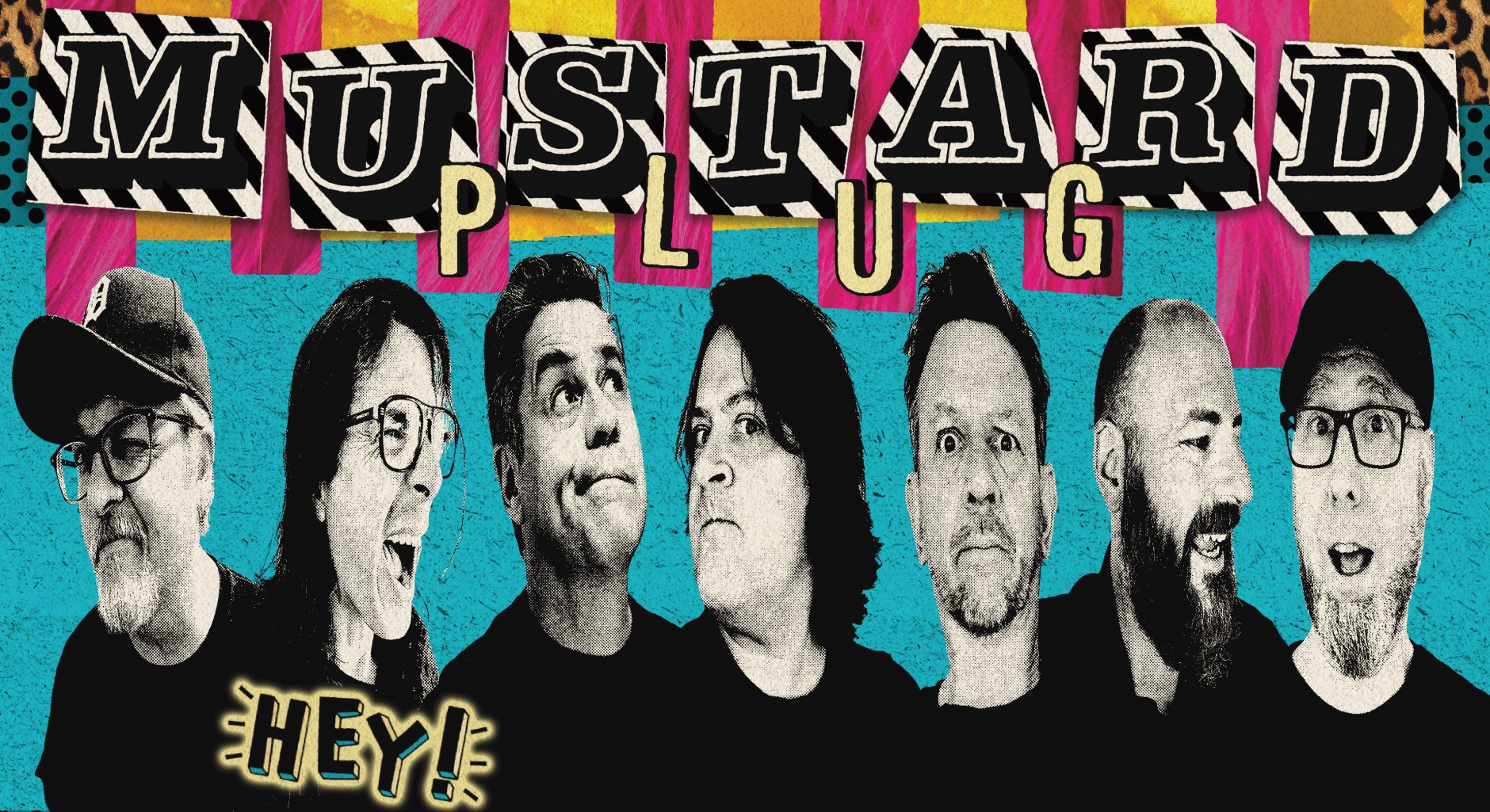Story – New Noise Magazine
October, 2023
by Joshua Maranhas
“We’re slow songwriters, honestly. So, some of these songs, we’ve probably been working on for three years,” laughs Mustard Plug vocalist Dave Kirchgessner. “The bulk of them we wrote while we were stuck at home with COVID. By far, that’s where most of these songs came from. I don’t know how long of a period it was, but March 2020 or something like that, we were all kinda stuck home, couldn’t work jobs or do anything.We kind of got more proficient trading files with GarageBand. We took about a year, it seemed, writing most of the songs. And then (after) about a year, we started, meeting together in person, just practicing. We practice every Monday and just try to figure out how to play the songs and work on the arrangements, add horns, that sort of thing.”
As crazy as things might get, Mustard Plug are deliberate musicians who craft their art over time. On Where Did All My Friends Go?, out now on Bad Time Records, a lot is evolving, and some things are remarkably similar.
“With this album, we felt a lot stronger than we have with our last album. I personally just felt really, really strong about the material. The timing is right; ska has been on an upswing for the last few years. We slogged through, like, 20 years of ska not being cool. It’s getting a little more respect again. The crowds are getting bigger. So just everything came together. We’re just really stoked about the record. We wanted to give it our best shot, as far as making it sound great. So, out to Fort Collins we went.”
Mustard Plug landed back at the Blasting Room in Fort Collins, Colorado. They’ve recorded with Bill Stevenson all the way back to Evildoers Beware! in the 90s. “At that point, it was a really tiny, small studio, Kirchgessner reminisces. “They, he, had only recorded like maybe a half dozen bands or something like that. Nothing very big. We worked really, really well with him, and he knows our strengths and weaknesses, and how to get the best kind of performances out of us. The last one we didn’t do there, and it was kind of a disappointment. We tried to do it ourselves, and we just realized we really need a third party, someone else out of the band, to push us in the right direction sometimes and have that extra little thing. Working with Bill, he has kind of a spark to it. He turns out great records.
“This time around, we pretty much were in the whole studio for two weeks, the whole band. The last time we were out there was our record In Black and White. I had young kids at the time, and people had busy schedules, so I just kind of flew in for four days and did my vocals. This time we were pretty much there the whole time, so it was like summer camp or boot camp. We slept there. We ate there. I mean, there were guys that didn’t leave the studio for three or four days. It was crazy. I think it really helped as well because, just being stuck there, it forces you to focus only on the songs.”
Kirchgessner says Mustard Plug has found a home at their new label, Bad Time Records. He enjoys working with Bad Time’s Mike Sosinski, who also handles guitar and vocals in Kill Lincoln. “I kind of always dreamed of being on a label like what he’s put together, where it’s more artist focused. He’s really just about the music. And he kind of gets what we’re doing more than anyone.”
He elaborates, “I spent the ‘80s religiously reading Maximum RocknRoll and going to hardcore punk shows. That’s kind of where my musical philosophy is rooted. Being in a band, he understands that on a level that a lot of people have never been in a band get. He just lets us do what we want, and he’s kind of a partner with us along for the ride. And it’s nice to have some new blood.”
Despite always sounding upbeat, Mustard Plug—like much of ska—has deep themes buried in and around the horns. Kirchgessner puts the listener in his writer’s mind, “The whole concept is sitting at home and you’re not around anyone, not around any of your friends; it’s about loneliness and isolation. The lyrics I write tend to come from some spark of real life. The whole COVID lockdown period was kind of a bummer. I think ska has had a long tradition of that, too. I mean, going back to the Specials, a lot of their stuff was pretty dark too, but you can still dance to it. It’s still fun.”

